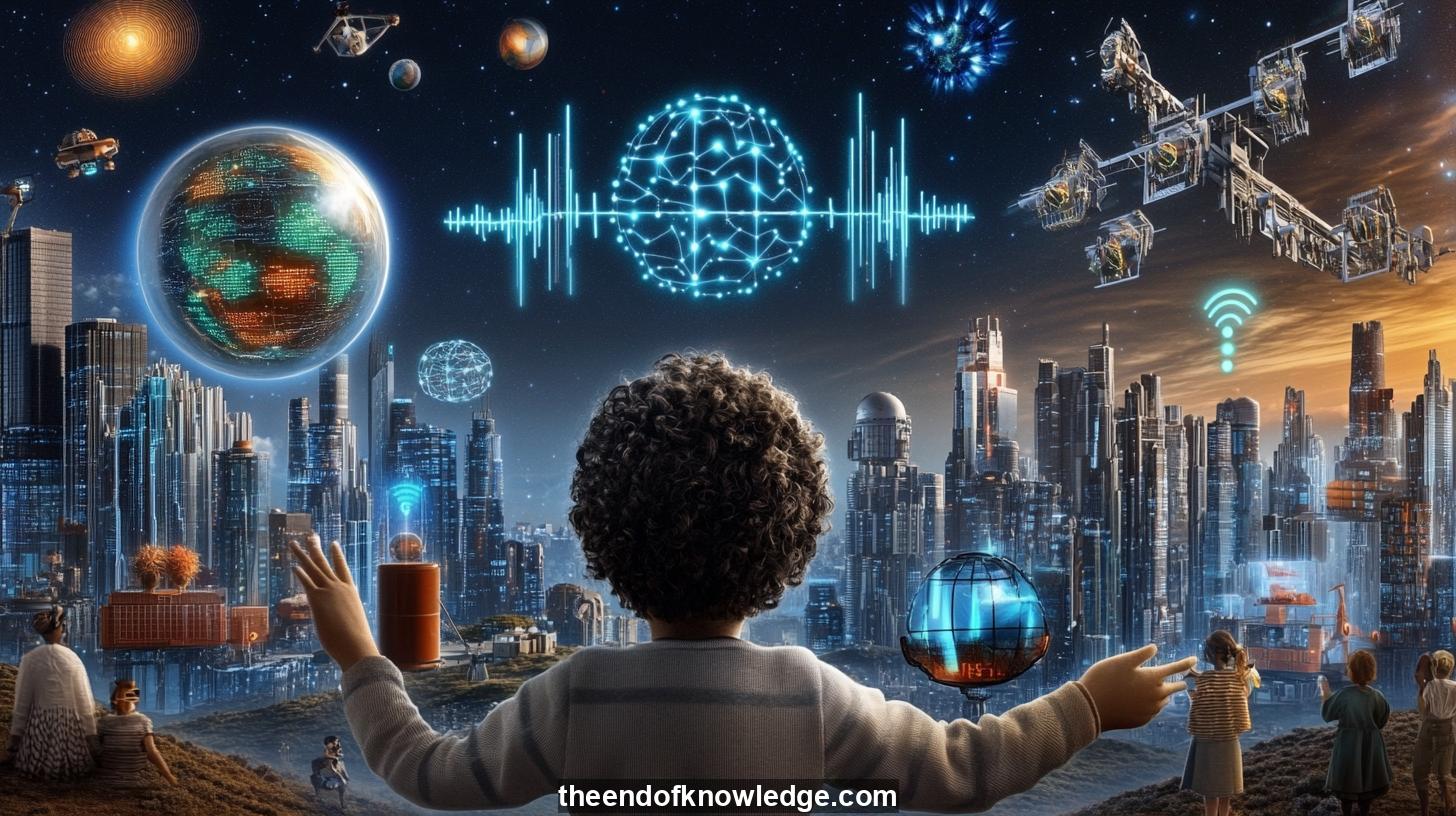 >
>
Concept Graph, Resume & KeyIdeas using DeepSeek R1 :
Resume:
The discussion revolves around the transformative impact of artificial intelligence (AI) on society, touching on its potential to solve complex problems and its ethical implications. Charlie, a guest with extensive experience in technology and AI, shares insights into how AI can be harnessed for positive change, such as detecting mental health issues and monitoring environmental crises like wildfires. He emphasizes the importance of integrating AI ethically and responsibly, highlighting projects that use AI to alert authorities about gender-based violence and predict fire outbreaks. The conversation also delves into the challenges of data privacy, the need for regulation, and the balance between technological advancement and human well-being. Charlie stresses the importance of education and critical thinking in navigating the AI-driven future, urging society to evolve responsibly alongside technology.30 Key Ideas:
1.- AI has the potential to revolutionize industries like healthcare and environmental monitoring.
2.- Ethical concerns, such as data privacy and algorithmic bias, must be addressed.
3.- AI can detect early signs of mental health issues, offering preventive solutions.
4.- AI-driven systems can monitor environmental changes and predict natural disasters.
5.- The integration of AI into society requires careful regulation and ethical frameworks.
6.- AI tools can empower individuals by automating repetitive tasks and enhancing productivity.
7.- The development of AI raises questions about job displacement and economic inequality.
8.- AI systems must be designed with transparency to build public trust.
9.- Education and critical thinking are essential for navigating the AI-driven future.
10.- AI can enhance creativity by generating new ideas and solutions.
11.- The societal impact of AI depends on how responsibly it is developed and deployed.
12.- AI has the potential to improve global health by analyzing medical data.
13.- AI systems can help combat climate change by optimizing resource usage.
14.- The ethical use of AI must be prioritized to avoid harm to marginalized groups.
15.- AI can facilitate communication across languages and cultures.
16.- The development of AI requires collaboration between governments and private entities.
17.- AI can enhance education by personalizing learning experiences.
18.- The long-term implications of AI on human identity and purpose must be considered.
19.- AI systems can help address societal inequalities by providing equitable access to resources.
20.- The future of AI hinges on balancing innovation with ethical responsibility.
21.- AI can improve public safety by analyzing patterns and predicting risks.
22.- The ethical challenges of AI are as complex as its potential benefits.
23.- AI has the potential to solve complex problems that humans cannot address alone.
24.- The integration of AI into daily life requires a shift in societal values.
25.- AI systems must be designed to respect human rights and dignity.
26.- The development of AI raises questions about accountability and control.
27.- AI can enhance decision-making by providing data-driven insights.
28.- The ethical implications of AI must be considered in global policy-making.
29.- AI has the potential to create new opportunities for economic growth.
30.- The responsible development of AI is crucial for ensuring a positive future.
Interviews by Plácido Doménech Espí & Guests - Knowledge Vault built byDavid Vivancos 2025